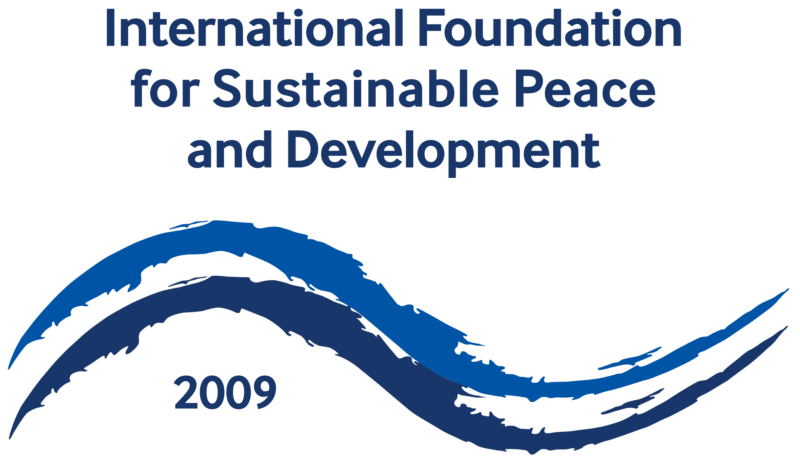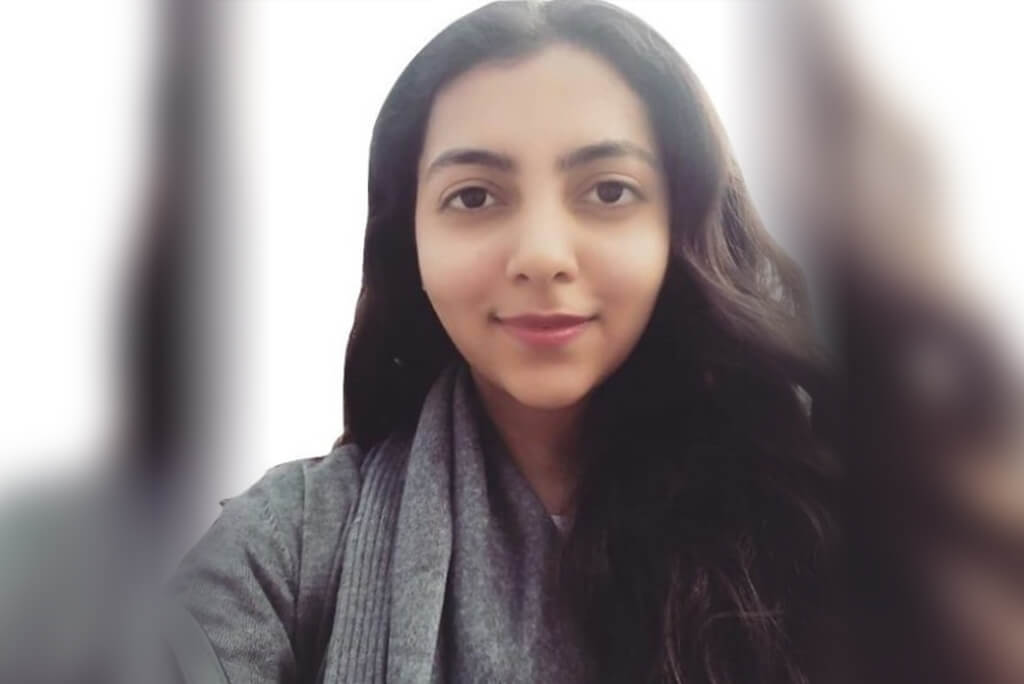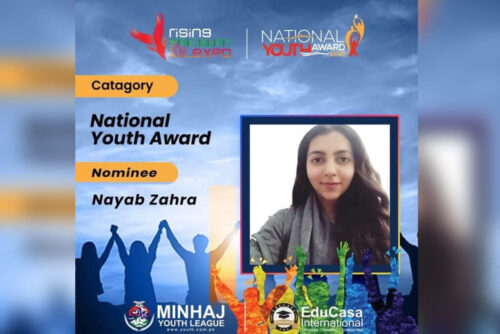Nayab Zahra is a student of STEM (science, technology, engineering, and mathematics). She has availed of 232 academic certifications in different fields, particularly in STEM. Ms. Nayab is the recipient of the 2017 Jabir ibn Hayan award for her practical and theoretical demonstration of the eradication of plastic components by driving natural polyolefin. She worked on the IFSPD project “Ziegler Natta & Metallocene Catalyst Natural Microbial Polyolefin and Ecological Polymerization Synthesis”.
About project:
Her Framework for Disaster Risk Reduction is outlined by technological intervention. The global population rises towards 10 billion; the planet is headed for a food shortage, with some estimates saying supply will have to double by 2050 to meet the initial damage.
The continued advance of agricultural technology, genetic modification along with new crop varieties and land management techniques will cover some of the increased demands.
Such technologies will require a dramatic increase in the production of agricultural fertilizers, an energy-intensive process fed by fossil fuels and reliant on a robust manufacturing infrastructure.
The main idea is that if soil enriches itself, through microorganisms that increase harvest, then those microorganisms were themselves grown sustainably, in compact, sunlight-fueled bioreactors. This bio-fertilizer concept can bring a positive change in the distributed agricultural sector. This will be beneficial even to the subsistence farmers far from industrial agricultural somewhat profitable distribution networks and chemical fertilizer supplies. The sustained advancement of agrarian knowledge and hereditary alteration can go together with new harvest variability’ and terrestrial supervision methods will cover some of the amplified stresses.
The IFSPD sustainable project collective response is positive and has benefited 2,600 farmers and 7 active agrarian industries and 2 science and technology universities in the faculty of biotechnology in Pakistan.


